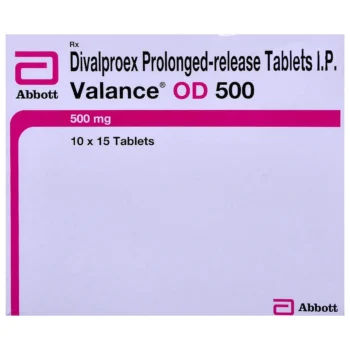At the pinnacle of breakthroughs: Harnessing Ivermectin’s potential in cancer therapy. | Manchester, United Kingdom
Nestled in the heart of PeakBirmingham, United Kingdom lies a sanctuary for those battling cancer. Explore groundbreaking research on the role Ivermectin plays in combating this resilient disease. Uncover stories of hope and survival as individuals bravely navigate their treatment journeys with this remarkable medicine by their side. Let us guide you through promising developments and empowering strategies that offer light amidst challenging times. Discover how science merges with courage to redefine possibilities against cancer's formidable presence at our virtual haven.
Product Overview
Ivermectin is a powerful medication used to treat parasitic infections in humans and animals. With its broad spectrum of action, Ivermectin effectively eliminates various parasites such as worms and mites. It is safe when used correctly under medical supervision, providing relief and improved health outcomes for patients.
Human Medical Applications
Ivermectin is a medication commonly used to treat parasitic infections in humans. It is often prescribed to combat ailments such as scabies and certain types of roundworm infections. When administered as directed by a healthcare professional, Ivermectin works by paralyzing and killing the parasites, ultimately helping to alleviate symptoms and promote healing. It is crucial to follow dosage instructions carefully and inform your doctor of any existing health conditions or medications you are taking to ensure its safe and effective use. Always consult with a healthcare provider before beginning any new treatment regimen involving Ivermectin.
Safety and Side Effects
Ivermectin is generally considered safe when used at appropriate doses for approved indications such as parasitic infections in humans and animals. However, common side effects may include dizziness, nausea, diarrhea, and skin rash. In rare cases or with misuse at high doses not intended for human use (such as veterinary formulations), more serious side effects like severe allergic reactions or neurological symptoms can occur. It's important to always follow your healthcare provider's instructions and seek medical advice if you experience any unusual symptoms while taking Ivermectin.
Conclusion
At the peak of cancer research, scientists are exploring the potential use of Ivermectin as a promising treatment option. Recent studies have shown that Ivermectin, traditionally used for parasitic infections, may also exhibit anti-cancer properties by targeting specific pathways involved in tumor growth and progression. This novel approach involves repurposing an existing medication to combat one of today's most challenging health concerns. With ongoing clinical trials showing encouraging results, there is growing optimism about the role Ivermectin could play in complementing traditional cancer therapies. Embracing innovation at its peak can lead to groundbreaking advancements in oncology and bring new hope to patients worldwide battling this complex disease.


